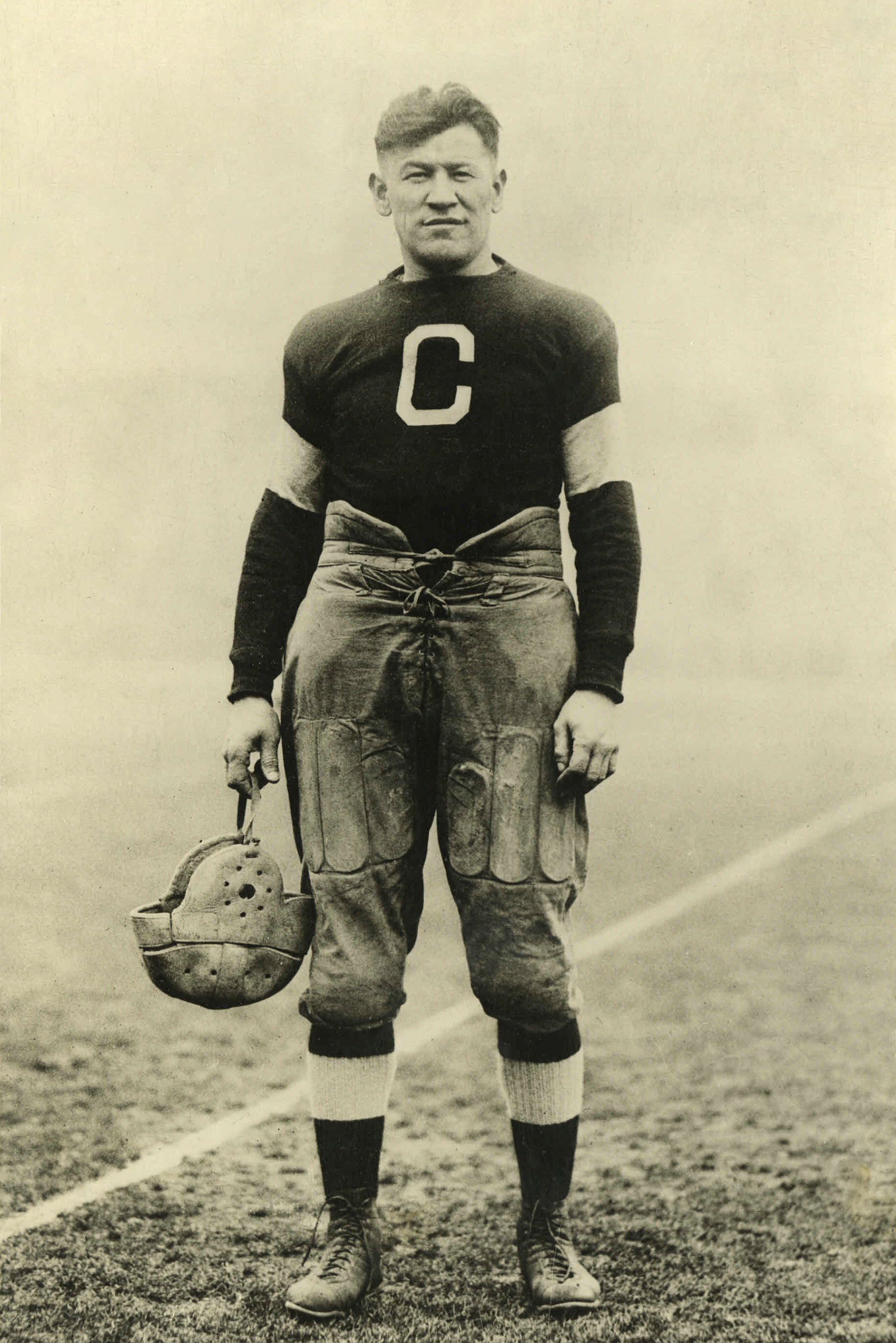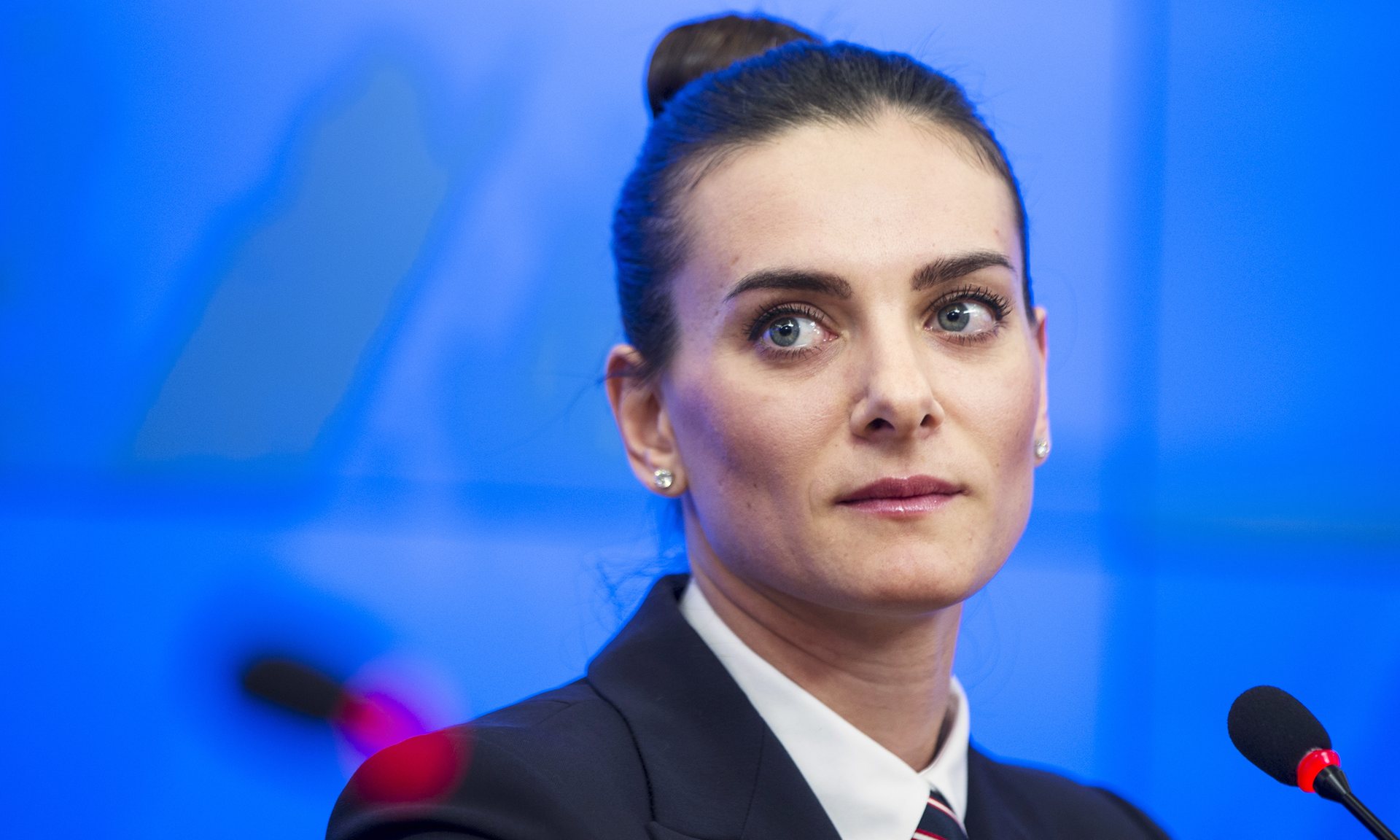The Olympic Games hold little appeal. They represent yet another example of how the world’s elite allow taxpayers to subsidize their participation at events, where a class of entertainers called athletes – many using performance enhancing drugs – compete.
The only way the majority get to see the Olympics is on their television screens. Rights to the events are sold to media corporations, who inflict viewers with excessive advertisements, to extract wealth for themselves – and the very exclusive 100 members of the International Olympic Committee.
The Olympic Games got off to a bad start. Nationalism was at the root of Greek interest in reviving the Olympic Games after the Greek War of Independence, which ended in 1821. Games were held sporadically in 1859, 1870 and 1875. The International Olympic Committee was started in 1894, organizing the 1896 Olympic Games. The committee focused on nationalism, inviting countries to compete against countries, rather than athletes to compete against athletes.
Participants outside the elite were also discriminated against, with an artificial distinction between amateur and professional. Two incidents were of particular importance. Jim Thorpe was stripped of his pentathlon and decathlon medals when it was discovered that he had played semi-professional baseball before the Olympics. Swiss and Austrian skiers boycotted the 1936 Winter Olympics in support of their skiing teachers, who were not allowed to compete because they earned money with their sport.
Jim Thorpe (1887-1953) is particularly interesting. Not only was he of mixed Native American and European ancestry, he excelled at many different sports. At Carlisle Indian Industrial school he competed in football, baseball, lacrosse and ballroom dancing. The pentathlon involves long jump, javelin throw, 200 metres, discus throw and 1500 metres. The decathaon features ten events over two days. Day 1: 100 metres, long jump, shot put, high jump and 400 metres. Day 2: 110 metres hurdles, discus throw, pole vault, javelin throw and 1500 meters. Later, he played baseball, football and basketball professionally. An ABC Sports poll voted Thorpe the Greatest Athlete of the Twentieth Century in competition with 15 other world famous athletes.

The Olympic Games were envisioned as a means for the aristocracy and other members of the elite to promote their own interests. This began to be eroded with Eastern Bloc state-sponsored full-time amateur athletes. Amateurism was gradually phased out of the Olympic Charter from the 1970s to 1988, when all professional athletes were made eligible to participate.
The reason behind this post is that Russian polevalter Yelena Isinbayeva says she will file a discrimination suit if Russia’s ban from global track and field competition is upheld and she is barred from competing at the Rio Olympics. What this says is that the country, not the athlete is important. This is the wrong emphasis.
What I would like to happen is for people to forget about national teams and to encourage local athletics and sports. Athletics should be fun. I hope people will use their time between 2016-08-05 and 2016-08-21 to develop their own athletic potential, rather than sitting in front of a screen watching others.
If enough of us begin at the local level, a universal athletics movement can’t be far behind.



In 1983, 30 years after Jim Thorpe’s death in 1953, the International Olympic Committee (IOC) restored his Olympic medals with replicas, after ruling that the decision to strip him of his medals fell outside of the required 30 days. Until 2022-07-14, Thorpe was listed as co-champion in both the decathlon and pentathlon events according to official IOC records. However, on 2022-07-14, the IOC reinstated Thorpe as the sole winner of the events. Source: Wikipedia.